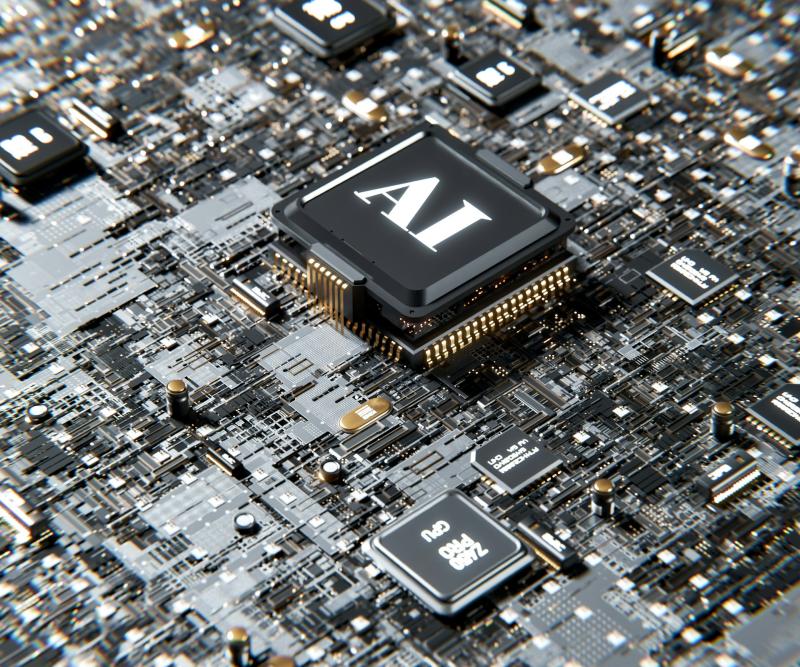Key Technologies Fueling Digital Transformation in the Manufacturing Sector
The manufacturing sector is a critical part of the foundation upon which the modern world runs and operates. This industry has significantly transformed over the past few decades thanks to rapid technological advancements. Today, digital transformation is reshaping manufacturing processes, improving efficiency, reducing costs, and enhancing product quality. Now, we also know that this sector, like other sectors across the globe, has been continuously evolving to meet consumers' growing demands and expectations, improve efficiency, alleviate its environmental impact, and so much more. While several factors have contributed to this transformation, perhaps none has been as important as technology.
Today, through this article, I will take a closer look at some of the many technologies driving digital transformation in the manufacturing sector.
Role of Technologies in the Manufacturing Sector: An Overview
Unless you have been living under a rock, you know that technologies have and continue to revolutionize the manufacturing industry. In fact, the impact of these modern technologies has been so profound that we now have what is referred to as Industry 4.0 or the Fourth Industrial Revolution. What are these technologies we speak of? Well, the list is quite long, but off the top of my head, there is the Internet of Things (IoT), big data analytics, artificial intelligence (AI), robotics, and automation.
Without further ado, let me give you an in-depth dive into how some key technologies have impacted the manufacturing sector.
Modern Technologies and Their Impact on the Manufacturing Sector
- IoT: IoT devices help collect and transmit data in real-time and this data, in turn, can be used for predictive maintenance, i.e., ensuring machinery is maintained on time and repaired before it breaks down. This helps manufacturers cut down downtimes while also boosting productivity.
- Big data: Big data in manufacturing, which means processing and analyzing vast amounts of data generated across a company's operations, helps manufacturers by providing access to insights such as production trends, scope for improvement, supply chains, product quality, etc. These insights can then be used to make data-driven decisions.
- AI and ML: Artificial intelligence and machine learning can help manufacturers optimize and automate several manufacturing processes. AI and ML can also help analyze production data for quality control, foretell equipment failures, etc.
- Cloud ERP: Cloud-based enterprise resource planning solutions offer companies a centralized platform to manage different facets of their manufacturing operations, such as order processing, inventory management, human resources, etc.
- Smart manufacturing: Okay, so smart manufacturing is more of a holistic approach for using technologies rather than the technology itself, but hear us out. Smart manufacturing means integrating IoT, AI, and other technologies to build interconnected systems that give manufacturers real-time visibility and control over their operations.
- Digital twins: Digital twins, a.k.a. virtual representations of physical objects or processes, are used by manufacturing companies to simulate products, production lines, or even entire factories. To what end? The idea behind this technology is to enable manufacturers to test and optimize processes in a virtual environment. This cuts down the need for physical prototypes and accelerates development timelines.
Final Thoughts
Today, the digital transformation of enterprises for the manufacturing sector is reshaping how the industry operates by improving efficiency, quality, and competitiveness. IoT, AI, robotics, 3D printing, AR, VR, blockchain, big data analytics, and cloud computing are key technologies driving this transformation. So, what are you waiting for? Embracing these technologies is crucial for manufacturers to remain competitive, reduce costs, and meet the ever-evolving demands of the modern market. Those who successfully integrate these technologies into their operations will thrive and lead the way in the future of manufacturing. Go and get started with digitalizing your manufacturing operations transformation ASAP!




Comments